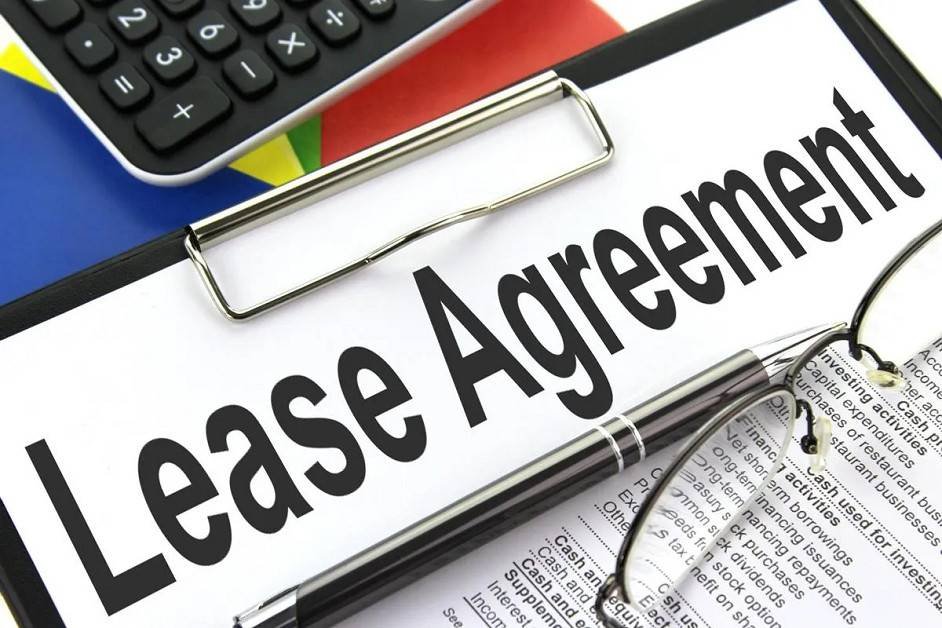A residential lease is a contract that covers the rent amount, the landlord and tenant’s responsibilities, and other details of a rental agreement. It can be used for a single-family home, apartment, condo, duplex, townhouse, or other residential property.
Jotform Sign makes it easy to create a free Residential Lease that’s customizable and works on any device. You can also collect legally binding e-signatures.
How to Create a Residential Lease Agreement
The rental process can be complicated, but a residential lease agreement can make it simpler. These agreements set expectations and rules for both parties, protect the relationship between landlords and tenants, and help prevent misunderstandings and disputes.
A well-written residential lease includes details about the rent amount, pet policies, payment procedures, acceptable use of the property, and other issues. It also outlines the rules that must be followed for termination and evictions.
Zillow Rental Manager makes it simple to create a lease online. Just log in to your account and select the property you want to create a lease for. Depending on your preferences, you can choose from a year-long lease, a month-to-month lease, or a custom end date.
What is a Residential Lease Agreement?
A residential lease agreement is a legal document that sets the terms and conditions for a tenant to occupy a property. It can be a long-term agreement or it can be a month-to-month deal.
A standard residential lease should have a good description of the property to be leased, its address, and any other relevant information. It should also be clear how the tenant will pay their monthly rent.
There are many different types of residential leases available, so make sure to consult a real estate lawyer to find the best one for your needs. They can help you write a lease that will serve both you and your tenant well for years to come! The most important thing to remember is that a good lease will provide you with legal protection and peace of mind.
Can a Landlord Write Their Own Residential Lease Agreement?
Generally speaking, it is best to have a lease agreement written by an experienced landlord-tenant attorney. This will ensure that your contract is legally compliant and includes all important provisions.
For example, you may want to include a section that details how rent increases are handled. This will help tenants understand the process of rent increases and what they can do if they are unhappy with the change.
Another crucial section is the identification of all parties involved in the contract. This should include the names of each tenant and their contact information.
What Happens if the Tenant Violates their Residential Lease Agreement?
Whether you own property or have a rented apartment, your tenants must abide by your lease agreement. If they break the rules, you may be able to evict them or take other legal action against them.
Noise violations, for example, can be a big issue, especially if the tenant lives in the same building as your other tenants. If your lease agreement includes a specific clause about noisy tenants, it is your responsibility to enforce that policy.
Late rent payments are another major issue, and not paying the full amount in a timely manner could be enough to land you in legal trouble. Depending on the severity of the violation, you can decide to send out a “Notice to Quit” or an “Eviction Notice.”
What Happens When the Agreement Ends?
When the residential lease agreement ends, it can be a tricky situation for tenants and landlords. If you are looking to move out early, be sure to read the agreement closely to understand your rights and obligations.
Landlords can change their lease agreements mid-lease, but only in certain circumstances and with the consent of all parties involved. Examples of changes to the lease include a new policy on parking, an amenity fee for something like a pool or clubhouse, or a change to the yard maintenance requirements.
However, it’s important to remember that changing a lease mid-lease can result in legal trouble, collections, or owing too much money. In these cases, it’s better to let things play out in the original terms of the rental agreement.


